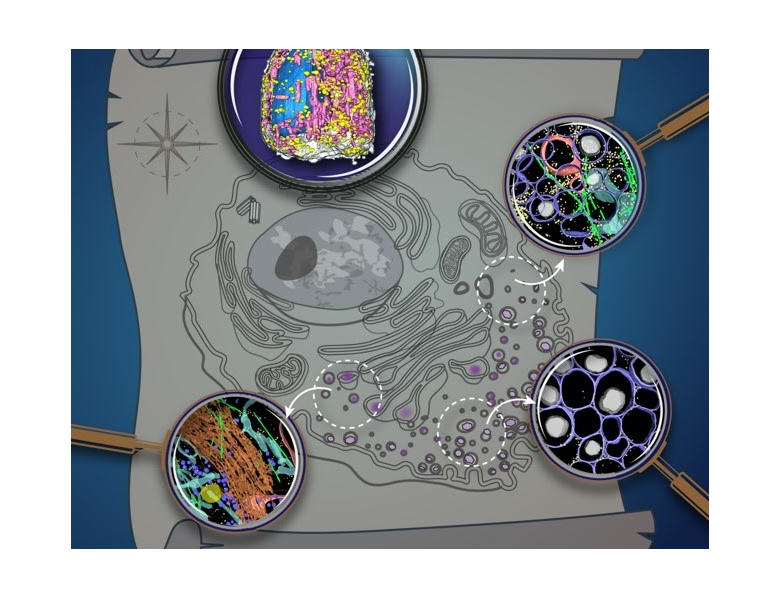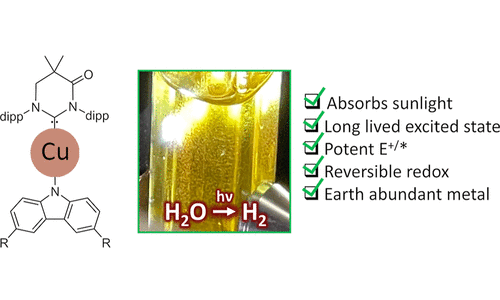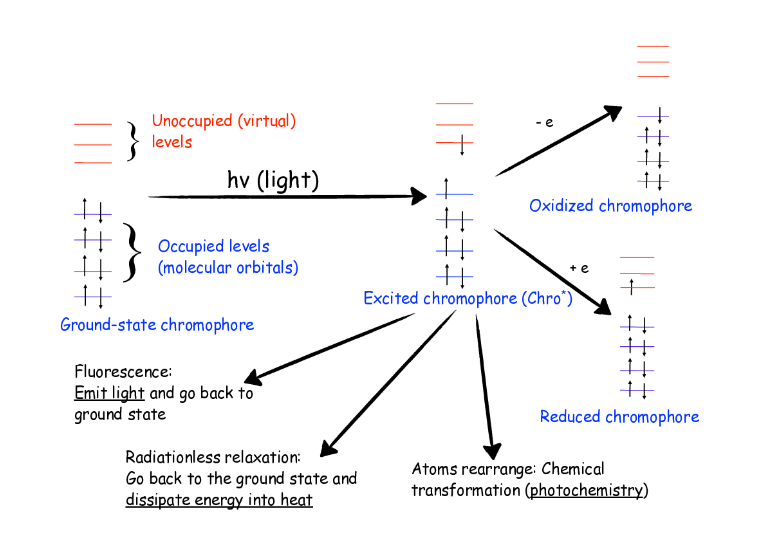Interface of Chemistry and Biology
Understanding biology at the molecular level has been central to major advances in human health, including precision cancer drugs, antibody therapies, and genetic engineering. Approximately 40% of our faculty members work at the interface of chemistry and biology, applying chemical techniques to tackle questions in biology and medicine. Our strengths in chemical biology include biophysical approaches for interrogating the structure and dynamics of proteins and nucleic acids, innovative strategies for the synthesis of modulators of cellular pathways, the creation of probes for investigation and manipulation of living cells, and synthetic chemistry approaches to elucidate endogenous molecular systems for drug discovery. Many faculty with research interests in chemical biology are involved with the Bridge Institute of the USC Michelson Center, which explores the interplay of molecules, cells, and tissues through Team-Science and Art-Science frameworks to create new mechanistic insights that impact biomedical research. USC Chemistry is also leading the cross-disciplinary training of the next generation of chemical biologists through a variety of chemistry-biology interface programs.

Energy and Sustainability
Transitioning humankind to a secure, sustainable, and resilient global energy future requires transformative materials, manufacturing methods, and technologies. Almost half of our faculty have dedicated their research programs towards these important goals. Our strengths in this area span materials chemistry, electrochemistry, physical chemistry, and catalysis, with applications in batteries, fuel cells, alternative fuels, next-generation solar cells, lighting systems, and recycling. Research conducted at USC Chemistry has translated into commercial success, such as OLED materials for energy-efficient displays used in the Samsung Galaxy and iPhone X, the Direct Methanol Fuel Cell, the Iron-Nickel Rechargeable Battery, commercialization of CO2 capture adsorbents, and the industrial production of renewable carbon-neutral methanol fuel from CO2.

Quantum Science
Chemical structure and reactivity are fundamentally controlled by electrons. Measuring and modeling the quantum behavior of electrons is therefore critical to understanding the chemical reactions that power our technologies and control human health and disease. Over a third of our faculty focus on understanding and exploiting quantum science. Our strengths in this area include ultrafast spectroscopic techniques to measure electron and reaction dynamics, the application of quantum science to imaging and computing, and advanced computational modeling of structure and function in a range of molecular systems, from materials to enzymes. In 2013, the Chemistry Nobel Prize was awarded to Arieh Warshel for the development of hybrid quantum mechanics/molecular mechanics (QM/MM) methods that lay foundation for modern multi-scale modeling approaches.

